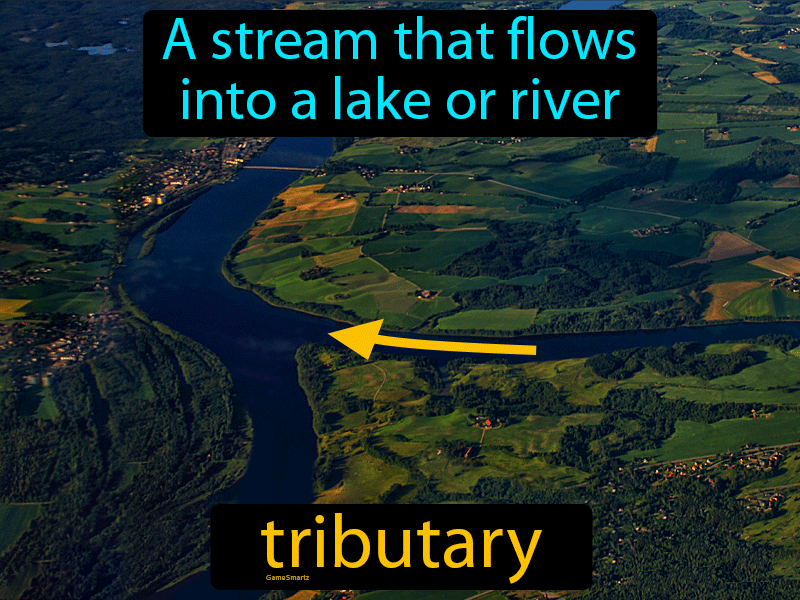LENGUA
Hoy en lengua vamos a trabajar comprensión lectora. Para ello os dejo las siguientes fichas.Si podéis lo imprimís y sino vais haciendo los ejercicios en cuaderno
Para finalizar el día realizamos también la comprensión que os pongo en snappet.
¡Vamos capeon@s, sois los mejores!
NATURAL SCIENCE
We have seen some properties of materials. We will introduce two more.
Elasticity:
Elasticity is the property by which materials can stretch easily. They will be ELASTIC materials. Materials that do not stretch easily are INELASTIC.
Solubility:
If a material disolves in another material, it will be SOLUBLE. If it doen not disolve in another material, it will be INSOLUBLE.
1. Mention two materials that are:
a) ELASTIC:
b) INELASTIC:
c) SOLUBLE:
d) INSOLUBLE:
example:
a)ELASTIC: Latex, Lycra.
SOCIAL SCIENCE
We have seen the three courses in a river. But we can also find these concepts:SOURCE
(Click to maximise)
WATERFALL
(click to maximise)
MEANDER
(click to maximise)
RIVER BED
River bed is the land over which a river flows
(click to maximise)
TRIBUTARY
A tributary is a river that empties into a bigger river. The point where they meet is called CONFLUENCE.
(click to maximise)
MOUTH
The mouth of a river is where the river meets the Sea or Lake. It can form a Delta.
1. Copy the previous concepts in your notebook.
ANSWERS TO THE PREVIOUS TASKS
NATURAL SCIENCE:1. Say two materials for these properties:
(More than these answers are correct, these are examples)
a) HARD: diamond, metal.
b) SOFT: Talc, gypsum.
c) FLEXIBLE: Rubber, latex.
d) RIGID: Stone, glass.
e) RESISTANT: Stone, plastic.
f) FRAGILE: Glass, diamond.
g) CONDUCTOR: (a lot of metals) Copper, iron.
h) ISOLATOR: Plastic, wood.
SOCIAL SCIENCE:
1. DEFINE the three courses of a river:
a) Upper course: The upper course is the begining of a river. Water flows quickly, and the river is smaller.
b) Middle course: In the middle course, the river quets bigger and wider. The flow of water starts to slow down.
c) Lower course: The lower course is the last part of the river. The river gets wider, and water flows even more slowly. The river ends up in other rivers, lakes or seas.









No hay comentarios:
Publicar un comentario